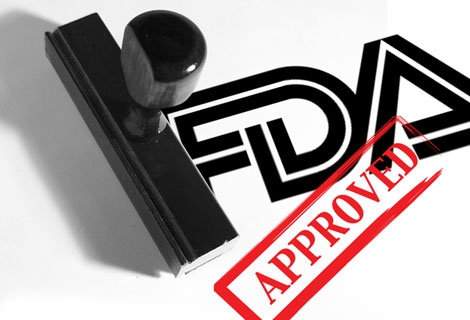Source: FierceBiotech
More than 5 years after The Medicines Company ($MDCO) bagged Targanta and its troubled antibiotic oritavancin for the bargain basement rate of $42 million plus potential bonus payments, the biotech has finally nailed down an elusive FDA approval of the product for skin infections caused by Gram-positive bacteria, including MRSA. And the approval came through for a treatment that will be delivered in a single infusion, which should trigger an added payoff to the old Targanta backers, according to the original acquisition deal struck back in early 2009.
The Medicines Company, which is based in Parsippany, NJ, says that the antibiotic, which will be sold as Orbactiv, is the only antibiotic approved for acute bacterial skin and skin structure infections with a once-only administration, an objective which figured prominently in its buyout deal with Targanta. Easier dosing should put a lighter strain on patients fighting off one of these dangerous infections.
The Medicines Company agreed in 2009 to pay Targanta’s investor group an added $1.20 a share–or about $25 million–for that green light from regulators in the U.S. And the EMA is expected to make its ruling in the first half of 2015, 6 years after the company scrapped the original application.
The FDA’s approval underscores the challenges as well as the potential when small biotechs set out to develop an antibiotic. The FDA rejected Targanta’s petition for the antibiotic all the way back in 2008, forcing then-CEO Mark Leuchtenberger back to the drawing board to conduct another study with more MRSA patients before it could anticipate an OK. Instead of pursuing a new study, though, the board opted for the sale and passed the ball to The Medicines Company after laying off 75% of the biotech’s staff.
Even with the bonus, Targanta investors will only get back a portion of the money they put into the company. In the third round alone back in 2007 venture groups bet $70 million on oritavancin’s late-stage program.
“Orbactiv given as a single dose treatment is a welcome new development for the treatment of skin infections,” said G. Ralph Corey, a professor of medicine and infectious diseases at Duke University, in a statement. “With a single dose treatment regimen Orbactiv may help reduce the dosing burden seen with antibiotics given as multiple intravenous administrations to patients with these infections.”

